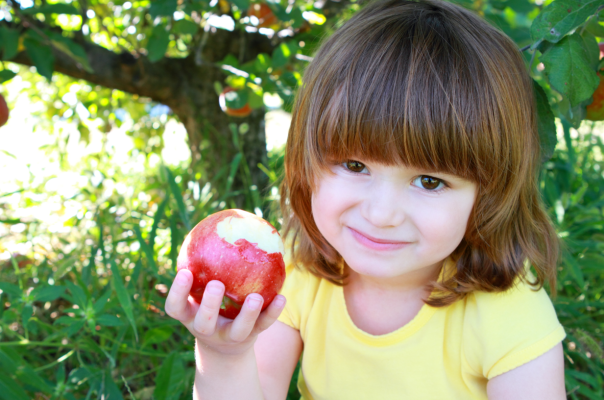
The survey results showed that a third of parents (34%) were buying less fresh fruit now than a year ago as the cost-of-living crisis continues to put pressure on household budgets.
A quarter of parents also said that their children would eat less fresh fruit during the summer holidays, at a time when families face additional costs for childcare and food while schools are closed. Despite the results, almost all the survey respondents (89%) recognised the positive impact of a diet rich in fresh fruit on the health and wellbeing of their children.
In response to the findings, FareShare is calling on the new Government to help turbo charge the redistribution of surplus food, especially fresh fruit and vegetables. This is at a time when almost 3m tonnes of fresh produce goes to waste on UK farms every year, despite it still being perfectly good to eat.
George Wright, chief executive of FareShare, said: “Thousands of the charities within our network are working extremely hard every day to support children and families impacted by the cost-of-living crisis. It is really worrying that so many children are struggling to access fresh fruit and, therefore, maintain healthy diets.
“In the UK, a huge amount of fresh produce, both fruit and vegetables, is wasted on farms every year when it’s still perfectly good to eat.
“We need the new government to partner with the redistribution sector to deliver more food to people in need - our manifesto outlines how this can be done. We need their support to help get more nutritious food to children and help give them the best possible start in life.”
FareShare works with the food industry, including retailers, wholesalers and producers, to redistribute good-to-eat surplus food to over 8,000 charities and community groups across the UK. Many of these groups work tirelessly to support children and their families. In the last year, FareShare redistributed over 5,000 tonnes of fresh fruit, including strawberries to Southampton, bananas to Barnsley, and grapes to Glasgow.